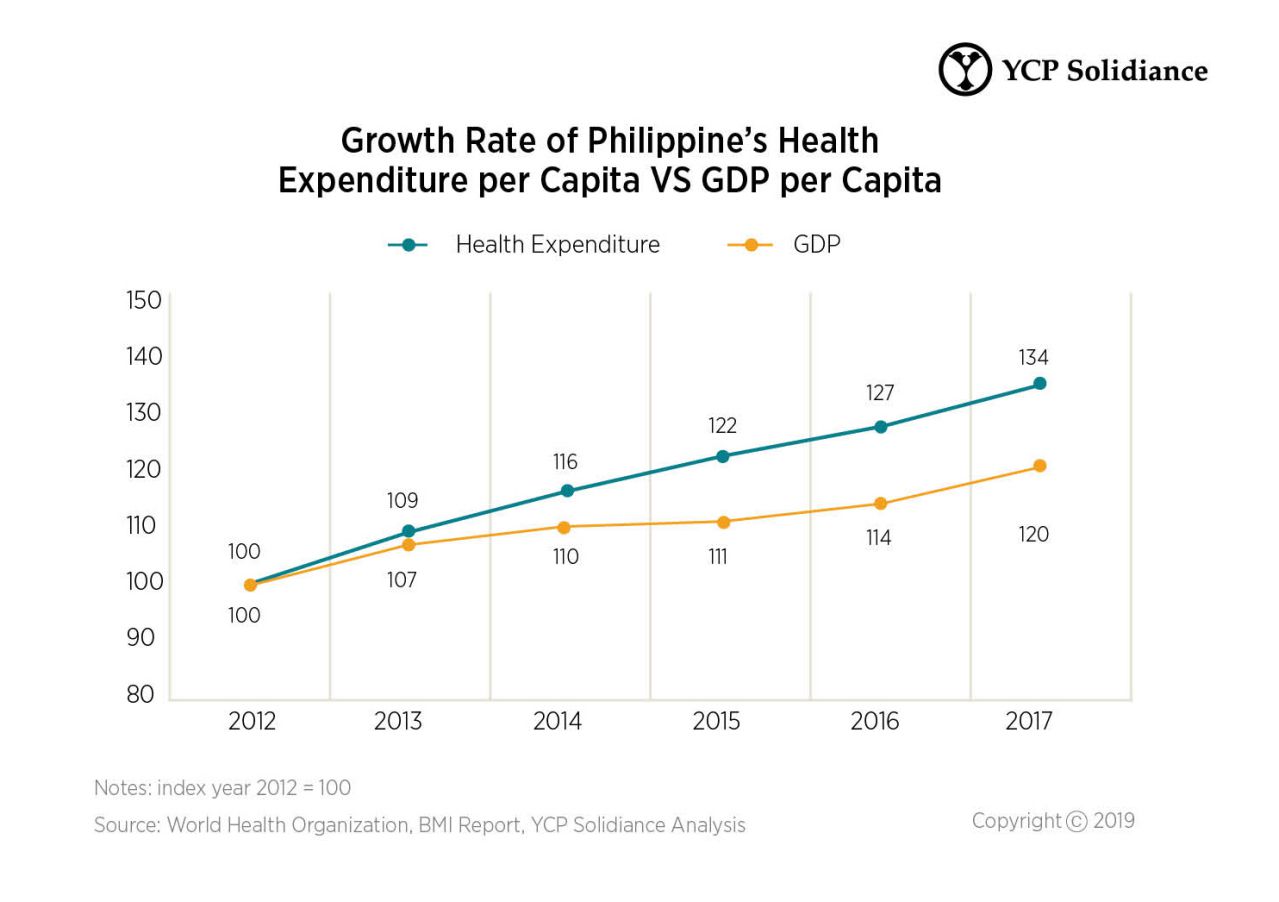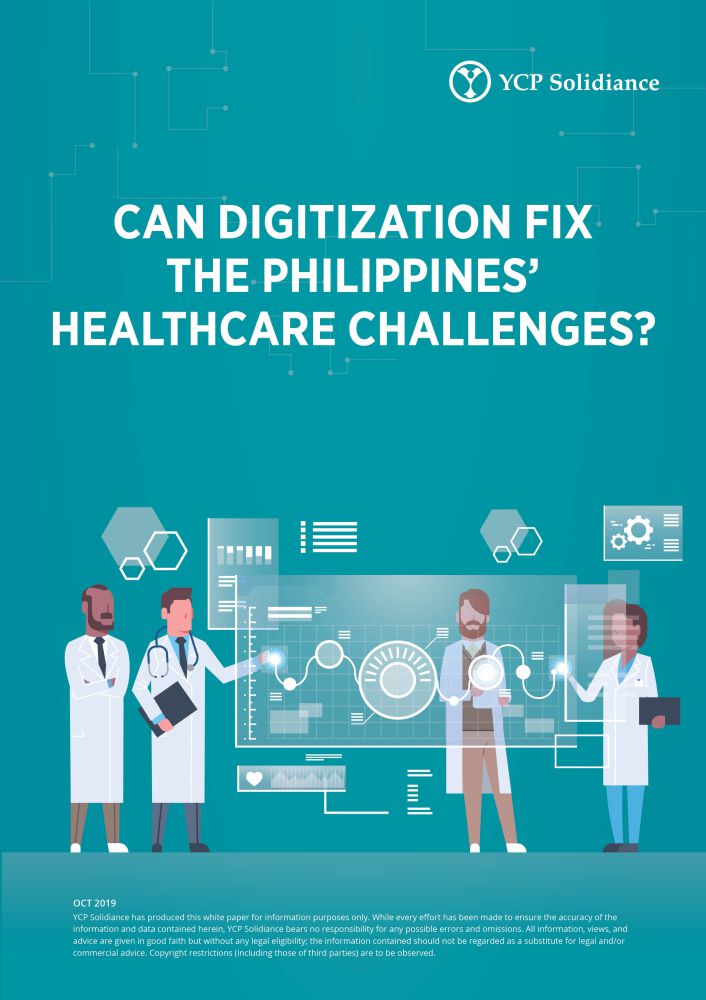In the Philippines, the healthcare industry faces many issues such as changing medical needs, rising costs, and lack of infrastructure and it is sacrificing the quality of services being offered to patients.
As health conditions evolve, there has emerged an urgency for more advanced and specialized treatments for medical needs in the Philippines. This problem is also coupled with the evidence of increasing prevalence and complexity of diseases and other health conditions in the Philippines that lead to rising healthcare costs. Such dire healthcare situation becomes more problematic in the country with challenges coming from healthcare delivery.
There are only about 1,224 hospitals in the Philippines, 35% of which are government hospitals. These hospitals are not enough to attend to the country's population of about 108 million people.
Our study suggests that digitization in the Philippine healthcare industry is needed in order to address gaps, including rising healthcare costs and lack of human resources. Digitization has proven to revolutionize various industries through efficient data capture and management, automation of processes, and big data analysis. The implementation of digitization transformation is equally important in the healthcare sector as it appears to be in the finance, media, trade, and manufacturing industries.
This paper discusses how digitization initiatives on various levels are working to address gaps in the healthcare industry and what are the opportunities for achieving a total digital transformation. The paper also concludes that digitization initiatives all have similar goals, as follows: to increase efficiency, to make knowledge and services more accessible, and to analyze data for research and development.






